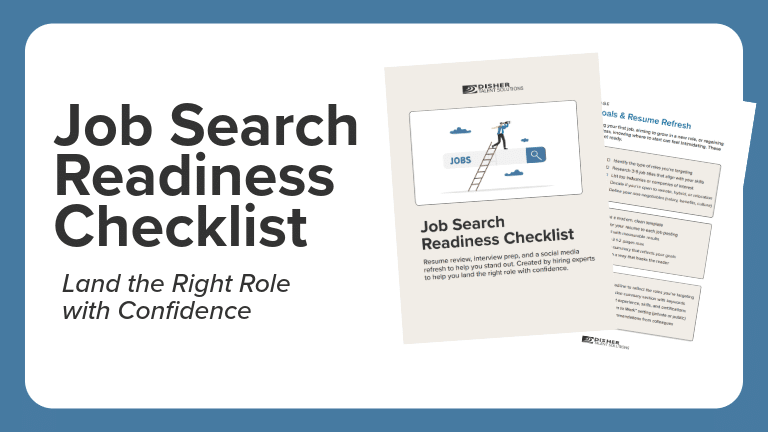
You’re looking out at your future career and wondering if going back to school is the smartest way to get some career momentum. Is an MBA the right choice, or will a focused professional certificate get you there faster with less risk? This guide breaks down when an MBA pays off and when targeted certificates win. How much each path costs, how fast you’ll see returns, and a simple decision framework you can use.
Quick Navigation:
- What each path offers
- Cost, time, and ROI
- Who thrives with each path
- Risks and tradeoffs
- A 30‑minute decision framework
- Budget moves and funding
What does an MBA or professional certificate really offer?
An MBA is a broad business education that often comes with a powerful network. It is often used to pivot into management, strategy, or leadership tracks. U.S. management roles are well paid and growing, with a median annual wage of $122,090 in May 2024. This signals a healthy demand for leaders who can run teams, budgets, and complex programs.
Certificates are tight, skills-first credentials that can sharpen a current role or open a specific door fast, like project management, cloud architecture, or data analytics, without stepping out of the workforce.
What is the cost, time, and return on investment (ROI) of an MBA?
Costs vary widely, but the average total cost of an MBA in the United States is now about $60,410. However, many top-tier universities, like Harvard Business School, can cost upward of $125,000. Certificates typically cost far less and move faster. Project Management Professional (PMP) Certificate costs between $900 and $4,000, depending on the training course selected. This keeps cash outlay and opportunity costs lower than a master’s program.
Salary outcomes differ drastically by path and role. Graduate Management Admissions Council (GMAC)-reported data shows a projected 2024 median starting salary for MBAs around $120,000. Targeted certifications like PMP with 5 to 10 years of experience typically earn $105,000 to $120,000. However, results depend on experience, industry, and location, so it’s best to research your specific roles of interest.
Comparison Table:
| Factor | MBA | Certificates |
| Typical total cost | Around $60,410, inclusive of living for U.S. programs | Project Management Professional – $1,475 (online training and exam) |
| Typical timeline | Full-time programs often take 2 years. Part-time programs typically take 3-5 years. | 35 hours of training plus 2-5 years of work experience for PMP; 3–6 months for Google Career Certificates; timelines vary by certification |
| Near-term earnings | Median starting salary with an MBA right out of college of $120,000, while experienced CFO’s earn a median base salary of $437,579. | Individuals with 5-10 years of work experience with a PMP certification, on average, make $105,000 – $120,000. |
| Breadth vs. depth | Broad business toolkit and network | Narrow, role-aligned skill signal |
| Market demand signal | Strong for leadership paths; management roles are high-wage | Strong in-demand skill niches like cloud, PM, and analytics |
Who thrives with each path
When does an MBA make sense?
- You aim for general management, product leadership, corporate strategy, or roles where cross-functional judgment and executive presence are core, which align with high-wage management tracks.
- You want a career reset across a function or industry, and you value structured access to alumni, on-campus recruiting, and leadership development that a degree signals to recruiters.
- You can fund it with scholarships or employer support, or you have a line of sight to roles that justify the spend and downtime quickly.
When does a professional certificate make sense?
- You want a fast, low-risk salary lift in your current track by adding a hot skill like cloud, data, or project leadership, where employers map certifications to job ladders.
- Your goal is a specific role jump, like moving from systems engineer to solutions architect or from coordinator to project manager with a PMP signal on your resume.
- You cannot pause work and need progress in months, not years, with minimal opportunity cost.
Risks and tradeoffs
MBA risk centers on cost and time-to-reward: total cost has climbed, and additional responsibilities on top of work for three to five years or two years out of the market can be expensive if outcomes do not match expectations. Certificate risk centers on a narrow scope and uneven brand power: a certificate may not open executive tracks, and value can fluctuate by employer, geography, and years of experience. Both paths work best when they map to a clear role target and a short list of employers that already hire the outcome you are buying.
A 30-minute decision framework
- Name the target role and compensation: Pull a real job posting and write the top five must-have skills and the salary range you’d accept.
- Audit your gap: match current skills to that posting, and circle only the missing items that block interviews today.
- Choose the signal the hiring team trusts: if postings and alumni paths show MBAs feeding the role, weight degree; if they call for AWS, PMP, or analytics certificates, weight certificates.
- Model time and cash: 2 years and $65,000 for many MBAs versus months and a few hundred dollars for common certificates, plus the impact of staying employed.
- Pilot before you commit: take a certificate course module or talk with two managers who hire for the role to confirm the signal they value most right now.
Budget moves and funding
If an MBA is the right choice for you, explore merit aid and fellowships early. Many U.S. programs offer scholarships, and acceptance packages can include meaningful awards that can soften the sticker shock. Choosing to stay employed? Consider online or part-time MBA programs. If a certificate is your path, take advantage of low ongoing costs and short duration, and stack credentials. However, keep in mind that this is only beneficial when it holds value in your current or target company.
Whichever path you consider, make sure to check with your employer to see if they offer any educational assistance or if they will pay for certifications that directly align with your development within the company.
MBA vs. Certificate: Which Should You Choose for Faster Career Growth?
Choose an MBA if you are pivoting into leadership, want structured recruiting and a strong alumni network, and the roles you’re targeting clearly value the degree. Choose a certificate if speed, lower cost, and role-specific skills will get you interviews and raises quickly—and your target postings ask for those exact credentials. To confirm your path, run the 30-minute framework, speak with your manager and a couple of other hiring managers, and pick the option that aligns well with your personal life and long-term goals.
Ready to make your move? DISHER Talent partners with companies nationwide to place top technical talent. Explore what’s next and take action today:
- Browse current openings on our job board to find roles that fit your goals.
- Use our Job Search Readiness Checklist to get interview-ready fast.
- Connect with DISHER Talent to map your next step and accelerate your transition.





